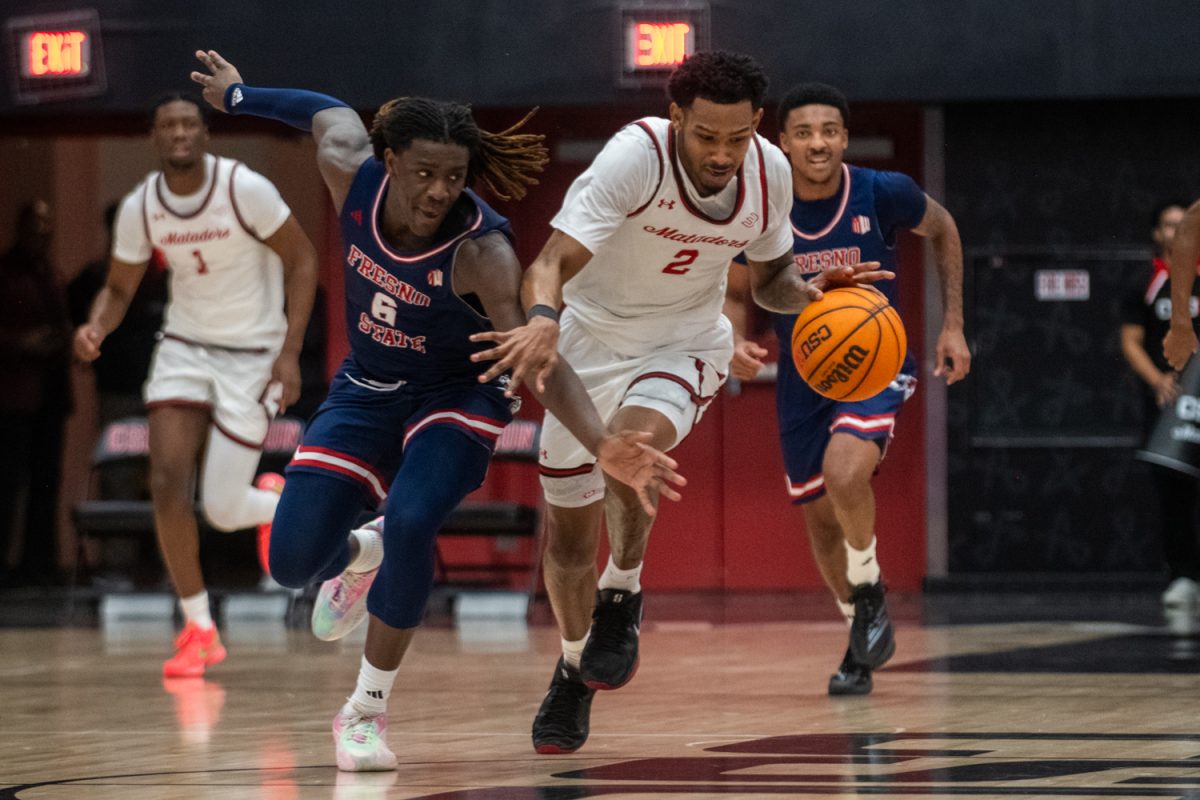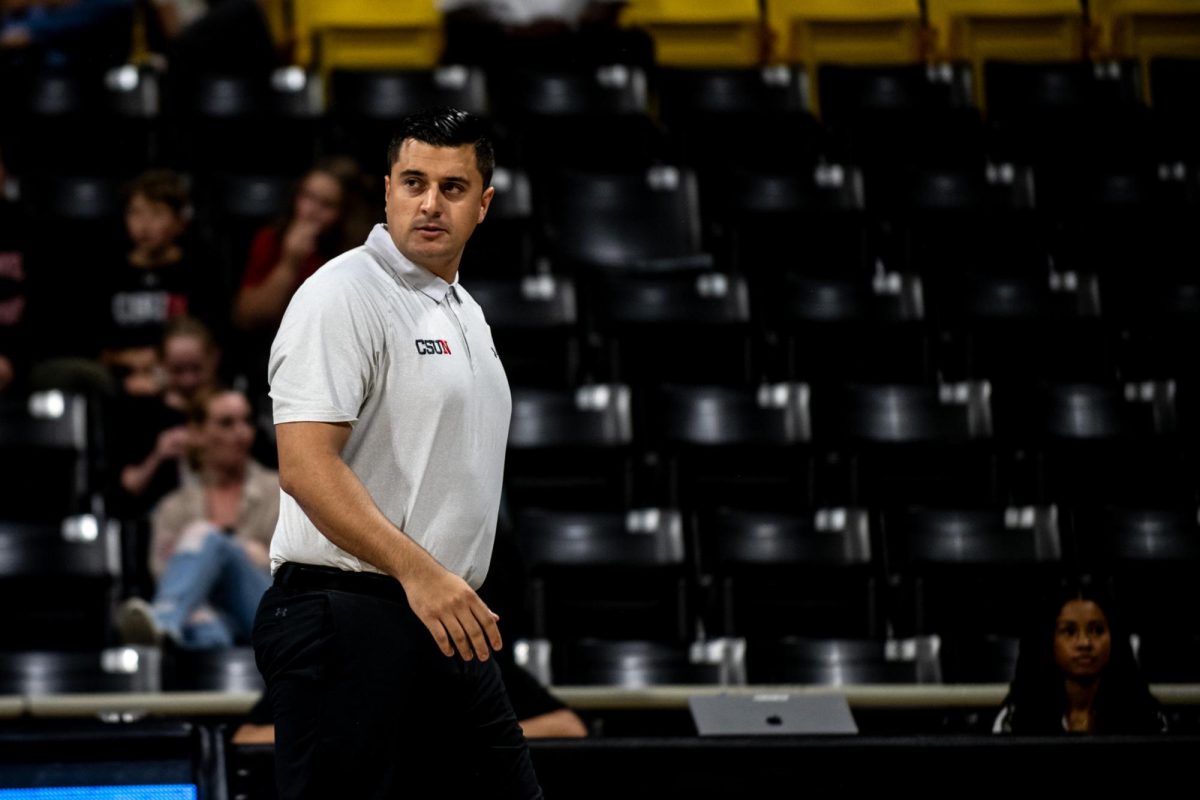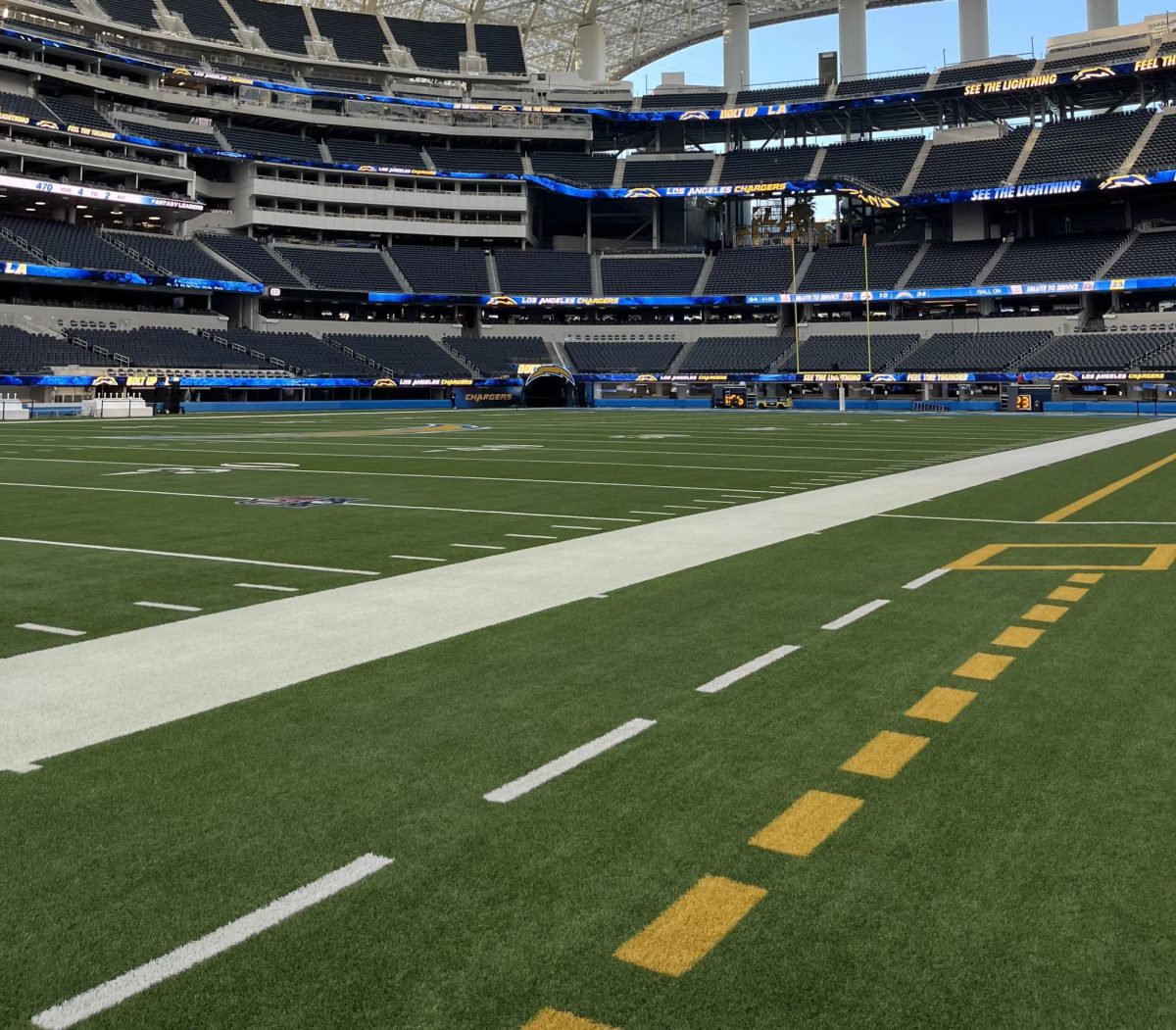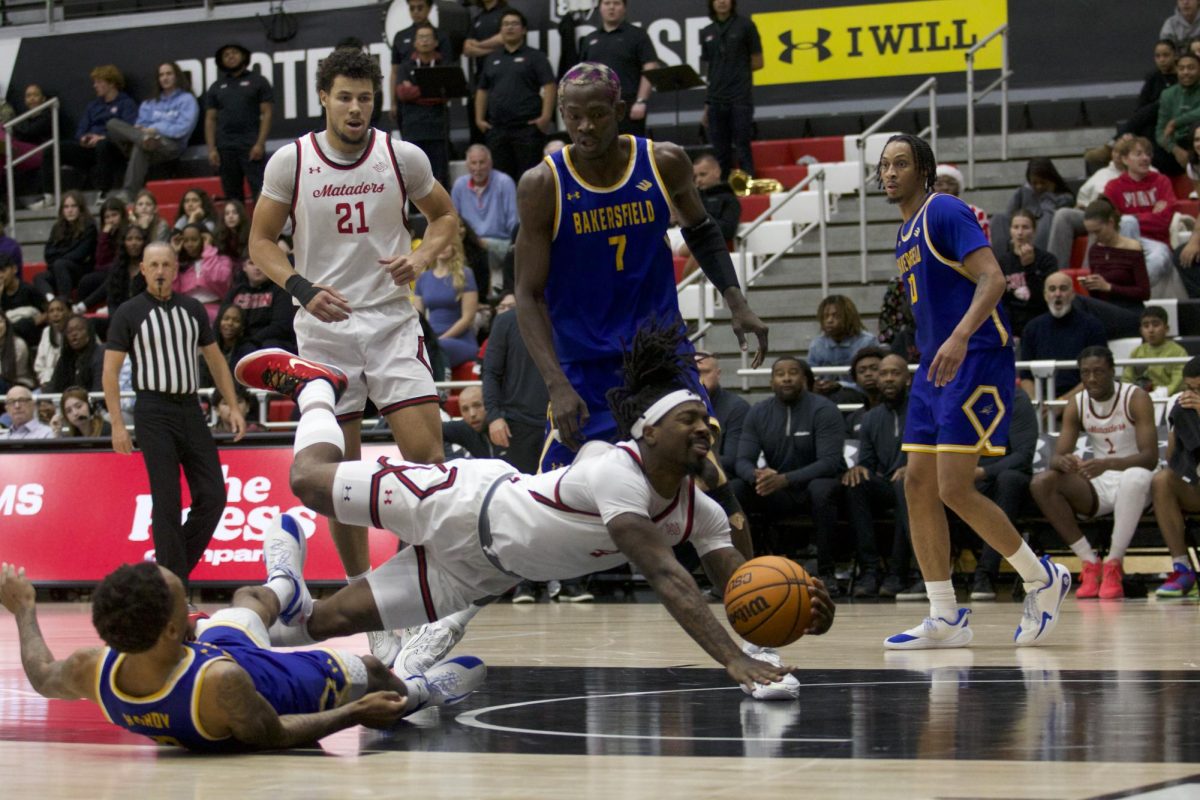 What Brett Favre wanted and why he came back to the NFL to play with the Minnesota Vikings was all set up in the NFC championship game for, a chance to play in Super Bowl XLIV. Despite six fumbles by the Vikings, three of them lost for turnovers, an earlier interception, and getting knocked down all game long by the New Orleans Saints defense, Favre had the Vikings set up for a trip to South Beach.
What Brett Favre wanted and why he came back to the NFL to play with the Minnesota Vikings was all set up in the NFC championship game for, a chance to play in Super Bowl XLIV. Despite six fumbles by the Vikings, three of them lost for turnovers, an earlier interception, and getting knocked down all game long by the New Orleans Saints defense, Favre had the Vikings set up for a trip to South Beach.
He had his opportunity in the palm of his hand to prove all the critics, and all the Favre haters across the country who said he was making a mistake in coming back, wrong. Taking Minnesota to their first Super Bowl appearance in 33 years would have been Favre’s vindication.
Then things changed for the worse, on the potential game-winning drive and with good field position for a field goal, Favre went into gunslinger mode and threw a pass that was intercepted deep in Saints territory.
Throwing a pass across his body into the middle of the field is something coaches tell quarterbacks in college not to do, so there is no reason why a 19-year veteran like Favre should be throwing a pass like that. Reckless high risk reward passes like those have been a trademark in Favre’s career, however, they are also the reason why when talking about the all time great quarterbacks, Favre’s name doesn’t belong with the likes of Joe Montana, John Elway, Dan Marino, Peyton Manning, and Tom Brady.
There is no way in the world that quarterbacks like Peyton Manning and Tom Brady make those kind of throws in a regular season game, let alone a conference championship game.
Throwing awful passes in late big game situations is nothing new to Favre. His last pass as a Green Bay Packer was a poor pass that was intercepted in overtime in the 2007 NFC Championship game against the New York Giants, which cost the Packers a chance to play in the Super Bowl. That means Sunday was the second time in three seasons that a bonehead Favre decision has led to his team losing the conference title.
So now the season is over for Favre and the Vikings, and with Minnesota falling short of their Super Bowl aspirations, it’s safe to say this season was a failure for the Vikings. Favre was brought in to Minnesota for one reason, getting to the Super Bowl, and the Vikings did not achieve that. Keep in mind that this was a Minnesota team that was already good before Favre got there. Last season, without Favre, the Vikings finished first in the NFC North.
What’s next for the guy with the most interceptions in NFL history? There are some reports that have quoted Favre as saying that it is unlikely that he will come back in 2010, but we have all heard him say that he is retiring before. Favre probably won’t announce his decision on whether or not he will play again until the middle of the summer. So now it’s time for ESPN to annoy sports fans across the nation with their fourth annual “Favre Watch.”
If Sunday was indeed the end of Favre’s career, the Vikings final drive summed up his career.
The beating he took throughout the game would have probably knocked other quarterbacks out of the game. Favre, who hasn’t missed a start since 1992, dragged himself out to the field like he has done so many times in his career. Four plays into the drive, Favre threw a perfect pass to receiver Sidney Rice that resulted in a 19-yard completion. A few plays after the perfect pass, Favre threw his middle of the field interception. Everytime Favre does something amazing he comes back with a horrible mistake, that’s the Favre we have grown to know for 19 seasons.





